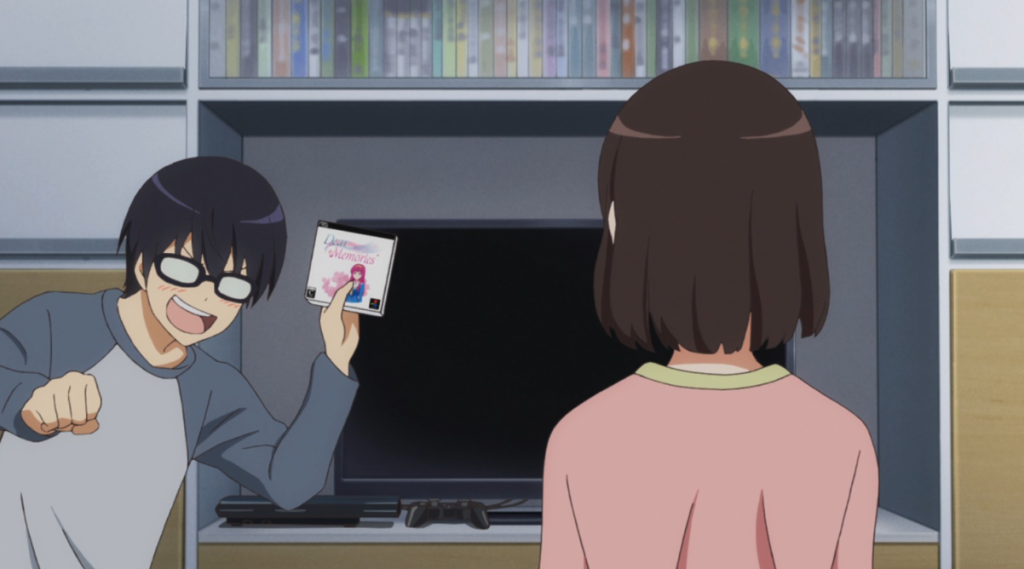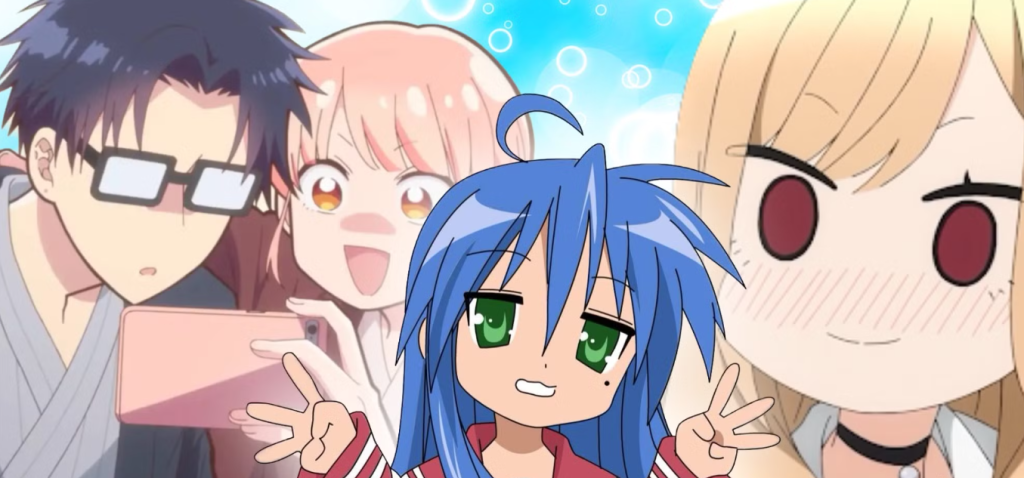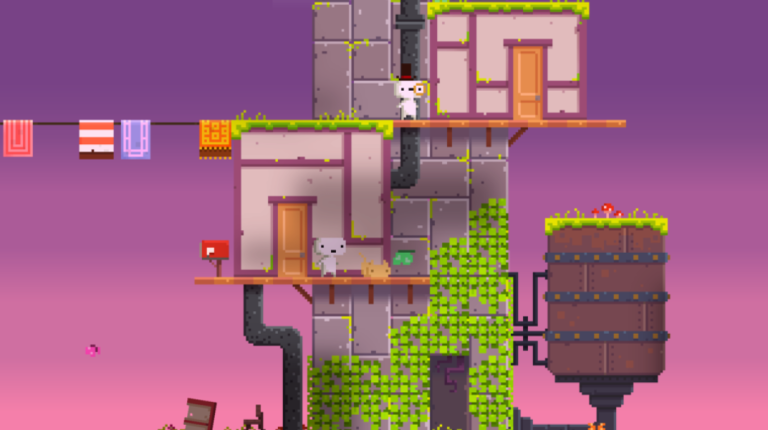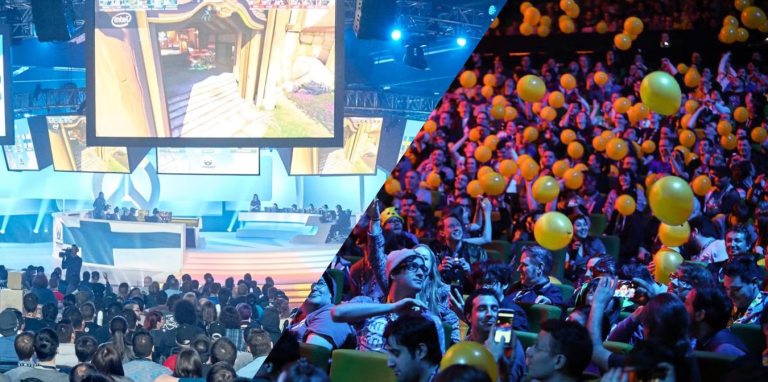
When people hear the word “otaku,” they often picture someone glued to their screen, isolated from the world, lost in games or anime. But that stereotype is long outdated. With the rapid growth of gaming and social platforms, the way players live their lives has quietly transformed. Gaming is no longer just a pastime — it’s become an integral part of daily routines, work-life balance, and social interaction.
Take Jack, for example. He’s a graphic designer who works long hours, but every evening he makes time to team up with friends for a few rounds of League of Legends. For Jack, gaming isn’t just a way to unwind — it’s how he stays connected with friends scattered around the globe. His gaming circle includes college buddies from New York and gaming teammates from London. During holidays, they even organize cross-timezone online tournaments, filled with laughter and shared victories.
Jack also enjoys sharing his game screenshots and strategies on social media and has even written blog posts about his favorite tactics. For him, gaming and everyday life blend seamlessly. It’s not an escape from reality but a bridge that enriches his social life and personal joy.
Amy’s story shows another side of this lifestyle. She’s a freelance illustrator and a big fan of role-playing games (RPGs). She spends hours crafting her in-game characters and stories. Unlike the lonely “otaku” image, Amy has built a vibrant community of friends through her gaming. She’s even met some of them in person at gaming conventions.
Amy recalls a time when she and her gaming friends completed a tough quest together — that shared challenge brought them closer than ever. Gaming became a vital part of their lives, a source of emotional support and connection. Whenever she faces tough times offline, Amy turns to her guild chat for comfort and advice.
This kind of global gaming community is common today. Players from the US, Europe, Asia, and South America connect through online platforms, forming friendships that cross cultures and languages. Tom, an FPS fanatic I know, once met teammates from Brazil and South Korea during an international competition — they later even planned a real-life trip together. These friendships show how gaming can break down borders and bring people closer.
Gaming as a lifestyle also shapes new habits and cultures. Many players create their own “gaming corners” — cozy setups with high-end PCs, custom keyboards, RGB lighting, and game collectibles. Jack’s gaming room is a perfect example, decorated with limited edition posters and classic consoles. For him, it’s not just a place to play but a personal sanctuary and expression of identity.
But gaming life isn’t all about staying indoors. Amy and her friends regularly attend conventions and esports events, blending online and offline social experiences. As she says, “Gaming helped me find people who share my passions — we’re not just teammates online, but friends in real life.”
Modern gamers come in all kinds of roles. Lisa, a fitness coach I know, balances a healthy lifestyle with her passion for gaming. She starts her day with a workout and then spends a few hours gaming. Lisa shares tips on combining fitness and gaming on social media, inspiring others who want to enjoy both worlds.

These diverse lifestyles show that gaming is no longer isolated entertainment — it’s part of daily rhythm, an attitude, and a cultural identity. Players build social networks, seek emotional support, and shape their hobbies and consumption habits around gaming.
Of course, challenges exist. Time management, balancing work and play, and dealing with online toxicity are real issues. Mike, a friend who once struggled with gaming addiction affecting his job, managed to regain control by setting strict gaming schedules and joining support groups. He believes gaming itself isn’t the problem — it’s how we manage it.
Gaming culture evolves through self-awareness and adaptation. The old “otaku” label fades as players share their true stories. Gaming is no longer a symbol of loneliness but a vibrant cultural force connecting people, helping them express themselves and find community.
With advancing technology and expanding audiences, gaming’s role in our lives will only grow. It shapes entertainment, culture, social interaction, and personal growth. The virtual worlds on screen are becoming a real part of life, linking friends, passions, and emotions.

Every gamer has a story. Jack’s late-night game sessions, Amy’s role-play adventures, Tom’s international friendships, Lisa’s fitness balance, and Mike’s journey to self-control — these are just glimpses of the rich tapestry of gaming lifestyles. Games have entered millions of homes, becoming a new way to express identity and connect.
This shift from “otaku culture” to a full-fledged gaming lifestyle reflects a new social and cultural landscape — dynamic, diverse, and deeply human. So next time you meet a gamer, ask them, “What’s your gaming story?” You might just discover a story about friendship, dreams, and life itself.
![]()


